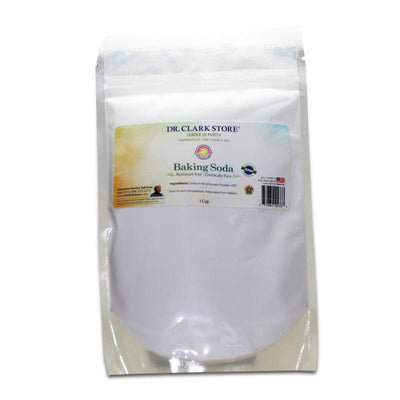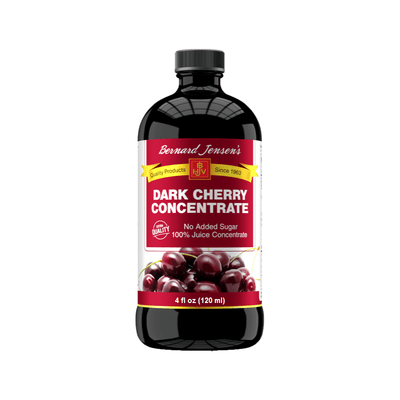Natural Remedies for Allergy Relief

Allergies are a common health concern that can significantly impact one's quality of life. While medications provide relief for many individuals, natural remedies offer alternative options that may help alleviate symptoms, eliminate side-effects, and improve overall well-being. Let's explore some effective natural ways to treat allergies:
- Quercetin-Rich Foods
Quercetin is a natural bioflavonoid found in certain foods like apples, berries, onions, and green tea. This antioxidant compound has anti-inflammatory properties that may help reduce allergic reactions by stabilizing mast cells and limiting the release of histamine. It is one of the main flavonoids in the human diet, and has been shown in multiple studies to inhibit lipid peroxidation, platlet aggregation, and permeability of capilaries (1).
- Local Honey
Consuming raw, local honey is a popular natural remedy for allergies. The theory behind this practice is that honey contains trace amounts of pollen from local plants. Regular consumption may help desensitize the body to these allergens over time, potentially reducing allergy symptoms. Several studies have found promising results, such as that showed that honey relieved symptoms of allergic rhinitis, and seemed to have a long lasting effect even after antihistimine use was discontinued (2).
- Probiotics
Maintaining a healthy gut flora with probiotic-rich foods like yogurt, kefir, and sauerkraut can support immune function and reduce inflammation. Probiotics help balance the gut microbiome, which plays a crucial role in immune system regulation and may contribute to alleviating allergy symptoms (3).
- Essential Oils
Certain essential oils, such as lavender, eucalyptus, and peppermint, possess natural anti-inflammatory and decongestant properties. Inhalation or topical application of these oils may help open up airways, reduce congestion, and provide relief from allergy-related symptoms like nasal congestion and sneezing (4).
- Butterbur Extract
Butterbur, a plant native to Europe and Asia, has been used traditionally to treat allergies and migraines. Butterbur extract contains compounds that act as natural antihistamines, helping to alleviate symptoms like sneezing, itching, and nasal congestion (5).
- Acupuncture
Acupuncture, an ancient Chinese practice, involves stimulating specific points on the body with thin needles. Research indicates that acupuncture may help regulate the immune response and alleviate allergy symptoms by promoting overall wellness and balancing the body's energy flow (6).
- Neti Pot
Using a neti pot filled with saline solution can help clear nasal passages and reduce sinus congestion. Nasal irrigation with a neti pot flushes out allergens, mucus, and irritants from the nasal cavity, providing relief from allergy symptoms like nasal congestion and post-nasal drip.
Embracing Natural Solutions
While natural remedies can relieve allergy symptoms, it's essential to consult a healthcare provider before trying them, especially if you have medical conditions or take medications. Combining natural treatments with a holistic health approach helps manage allergies and promote well-being more sustainably.
In conclusion, exploring natural ways to treat allergies offers diverse options to alleviate symptoms and improve quality of life.
Our reccomended supplements for help with allergies:




Don’t forget vitamin C in mega doses by bowel tolerance. doctoryourself.com
Leave a comment